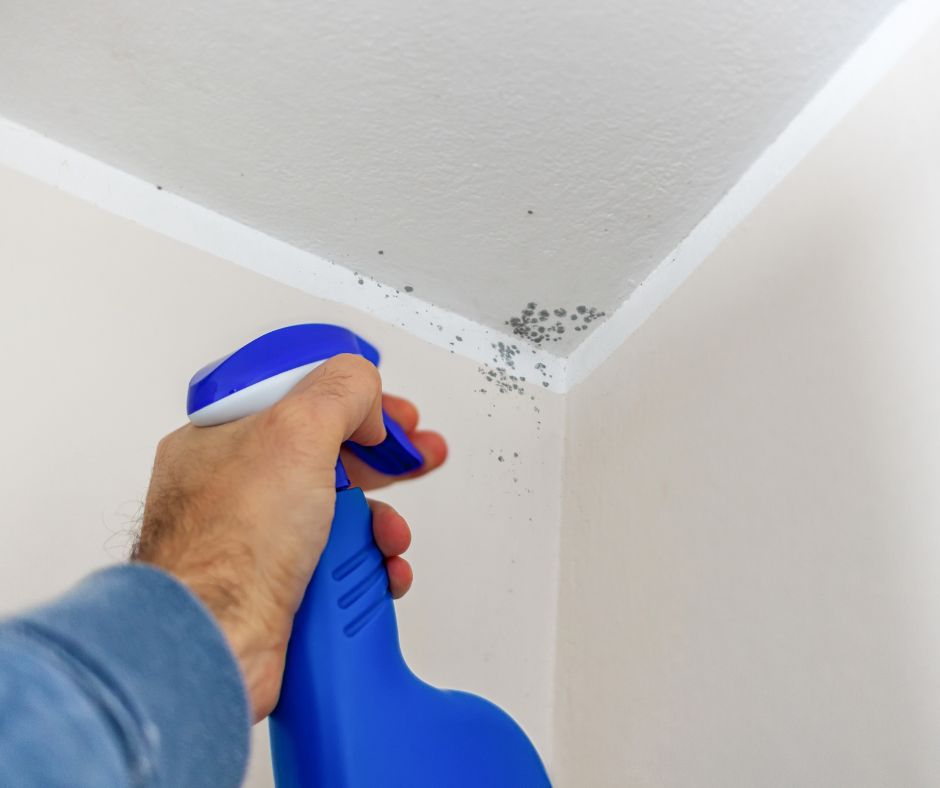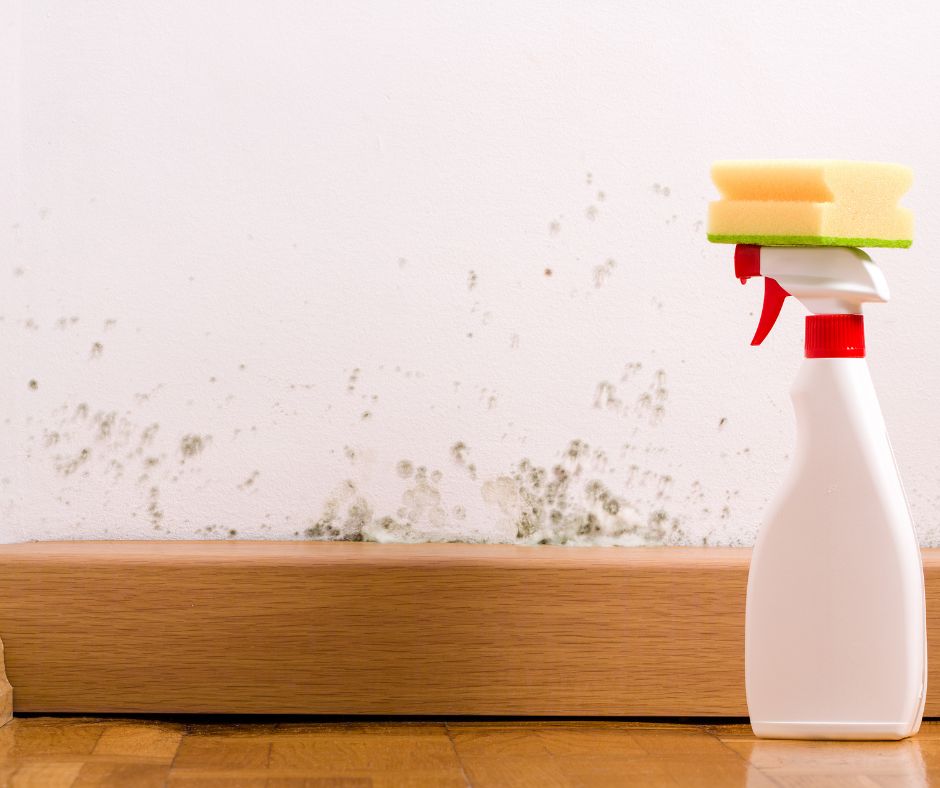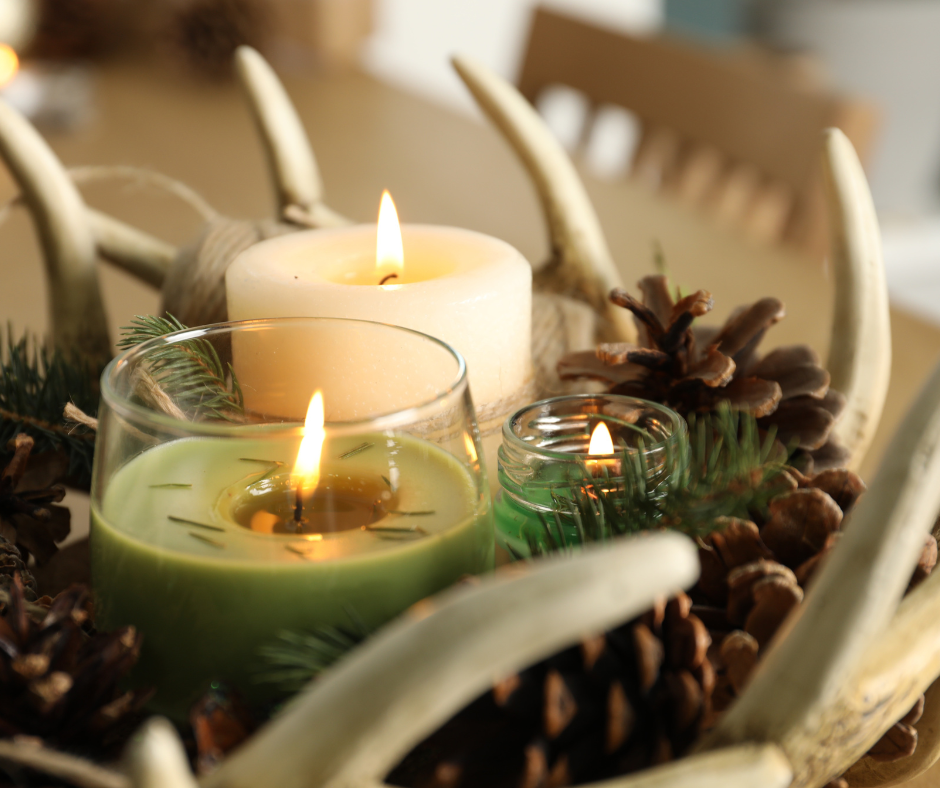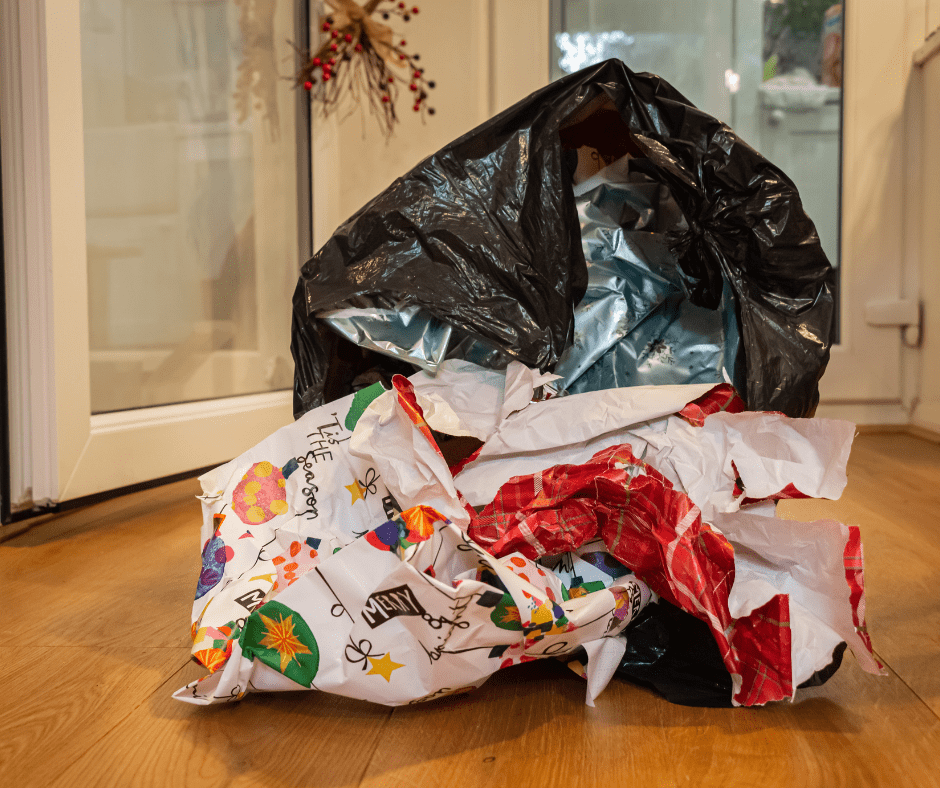Reducing Allergens Inside the Home

Allergies are usually associated with springtime and being outdoors, but our homes host allergens year-round. We can cut back on our suffering, and while it may take some work, it can certainly reduce our suffering.
-
According to the Asthma and Allergy Foundation of America, keeping humidity as low as possible inside the homes is important for decreasing mold growth and dust mites, the two most common indoor allergens.
-
A HEPA filter for the HVAC system works better than normal filters to keep allergens from re-circulating whenever the system is running.
-
Use bleach, hydrogen peroxide, or other mold-killing products to clean bathrooms.
-
Remove shoes upon entering the home, and have a pair of indoor-only slip on shoes available at the door.
-
If possible, opt for hard flooring with wool or wool-blend area rugs. Vacuum carpets at least twice weekly, and steam-clean them twice a year at minimum.
-
Speaking of vacuums, make sure the machine has a HEPA filter, and keep the exterior clean.
-
Machine washable slipcovers are perfect for upholstery, but occasionally go over all fabric-covered furniture with the vacuum brush attachment.
-
Use zippered covers for mattresses and pillows, and wash bedding in hot water every week.
Keep decorative bedding to a minimum as it is basically an extra host for dust mites.
-
In case of a pet dander allergy, do not allow pets on the bed! Keep pets’ bedding clean, vacuum and wash them often.
-
During high-pollen times of year, wipe pets down with a damp cloth to wipe away pollen and mold spores when they come in from outdoors.
Doctors are an excellent source for more information about reducing allergens in the home. Being proactive against irritating substances is important in getting a handle on allergies.
Courtesy of New Castle County DE Realtors Tucker Robbins.














